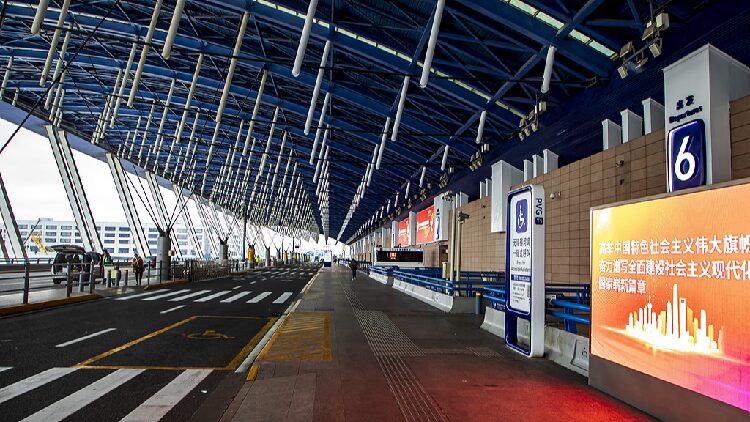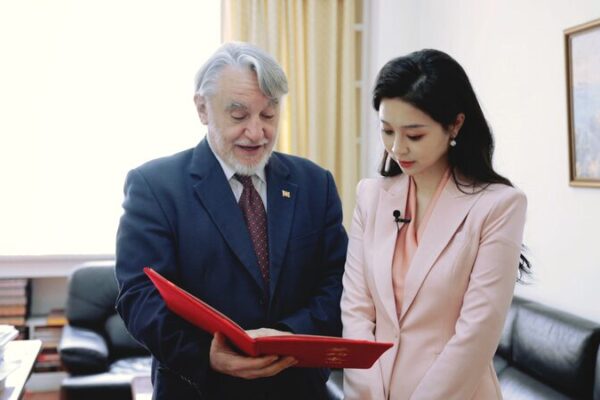China has announced an expansion of its visa-free policy to include nine more countries, a move that has been warmly received by Japan. Starting from November 30, 2024, to December 31, 2025, ordinary passport holders from Bulgaria, Romania, Croatia, Montenegro, North Macedonia, Malta, Estonia, Latvia, and Japan will be able to enter China without a visa on a trial basis, according to Chinese Foreign Ministry spokesperson Lin Jian.
In addition to adding new countries to the visa-free list, China is also extending the duration of visa-free stays from 15 days to 30 days and broadening the scope to include exchange and visit purposes.
Japanese Prime Minister Shigeru Ishiba praised the policy, stating, “For Japan-China relations, it is most important for the people of the two countries to interact. It is our hope that these measures will further enhance exchanges between our two nations.” Chief Cabinet Secretary Yoshimasa Hayashi echoed this sentiment, emphasizing the potential for deepening bilateral relations.
The Japanese business community has also welcomed the move. The Japanese Chamber of Commerce and Industry in China noted that they “strongly expect this decision will activate personnel exchanges that are essential for strengthening economic ties.”
The announcement has already sparked increased interest in travel to China. Within half an hour of the policy’s reveal, searches for Chinese destinations on travel agency Ctrip.com’s overseas platforms surged, with a 112% increase on the Japanese site. There was also a notable rise in interest in direct flights from Japanese cities to China.
Experts believe that the expanded visa-free policy will boost tourism and economic growth. Xiaopeng, a researcher at Qunar Big Data Research Institute, commented, “The policy simplifies travel for foreign tourists visiting China for business, leisure, or family purposes, boosting domestic tourism consumption and driving urban economic growth.”
Dai Bin, president of the China Tourism Academy, highlighted the broader benefits, saying, “Inbound tourism can improve China’s national image and generate direct tourism revenue. As foreign visitors experience our tourism market, their perspectives can help us address shortcomings and enhance service quality.”
Chinese officials have emphasized their commitment to facilitating international exchanges. Tong Xuejun, an official with the Ministry of Foreign Affairs, stated, “China will continue to introduce measures to facilitate visa applications, creating more convenience for international business travelers.”
The expanded visa-free list is expected to promote service improvements in China’s tourism industry, including lodging, ticketing, and payment services for foreign travelers. It also facilitates travel for overseas Chinese in Japan, strengthening cultural and familial ties.
Reference(s):
China's new visa-free policy draws positive reaction from Japan
cgtn.com








